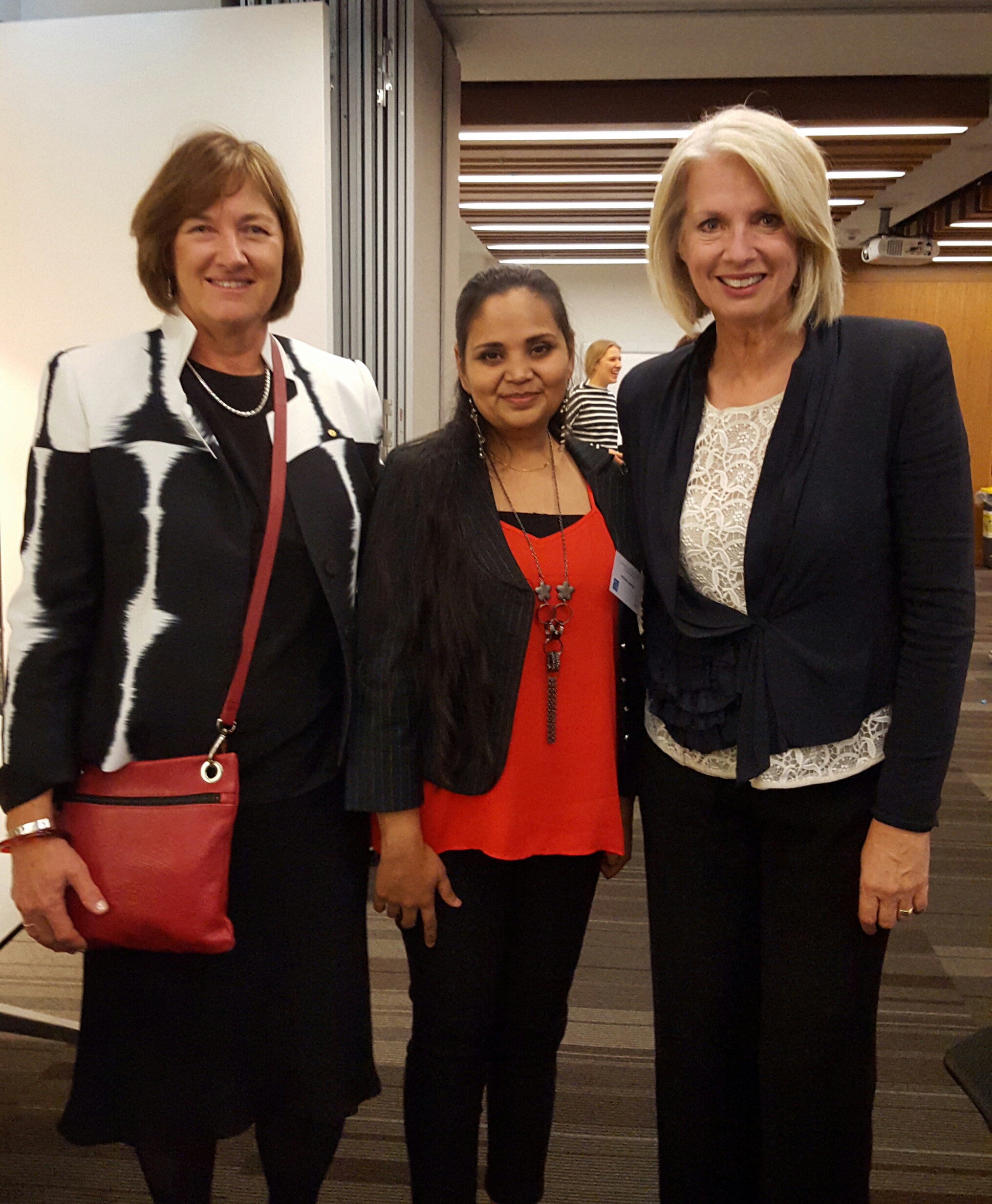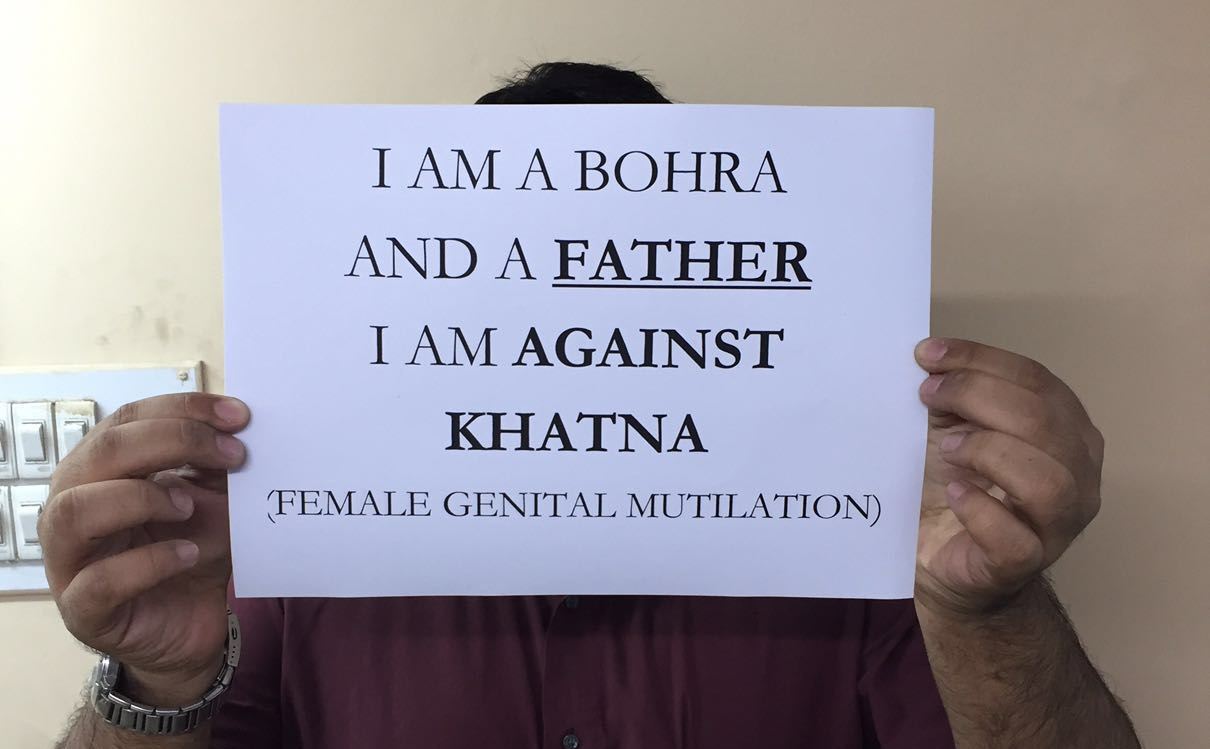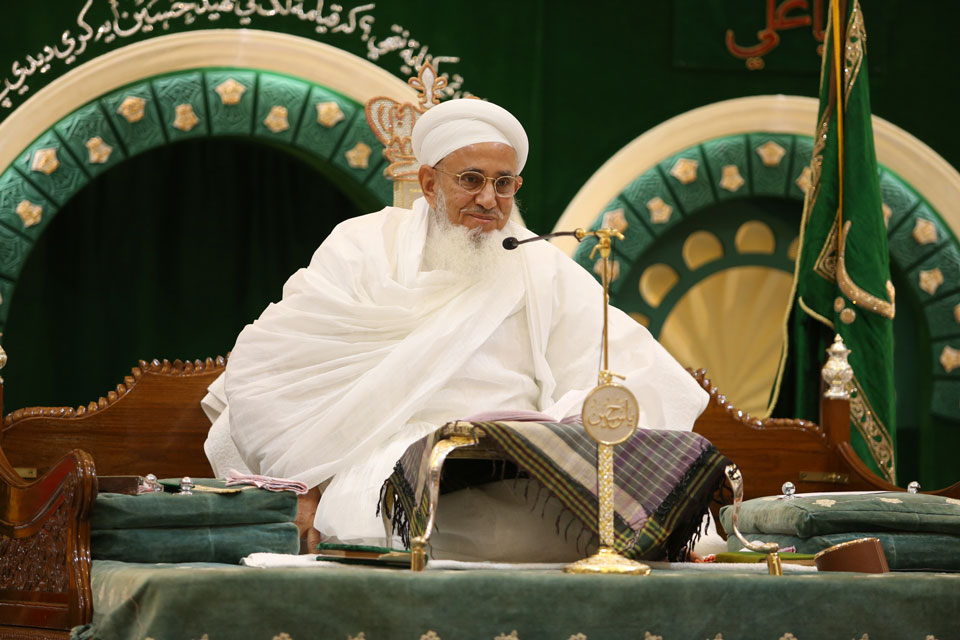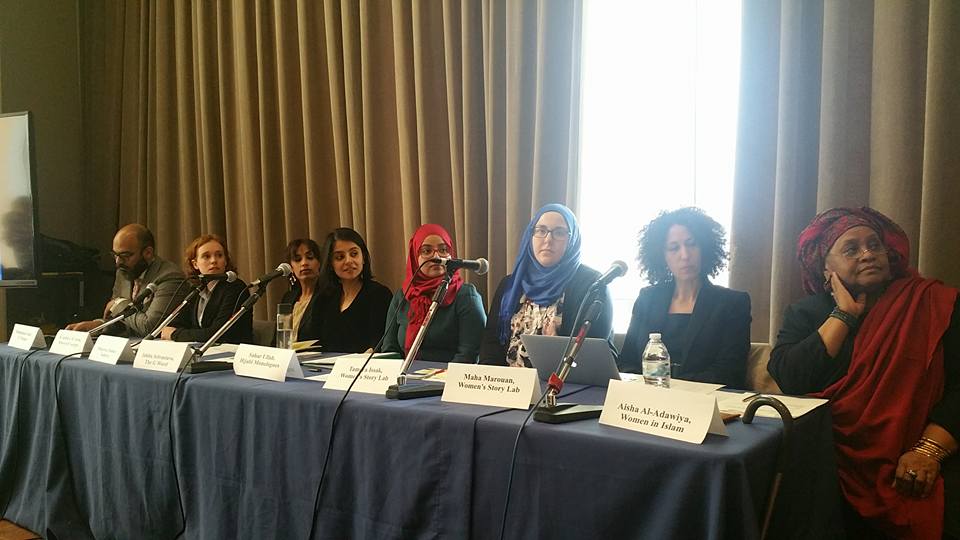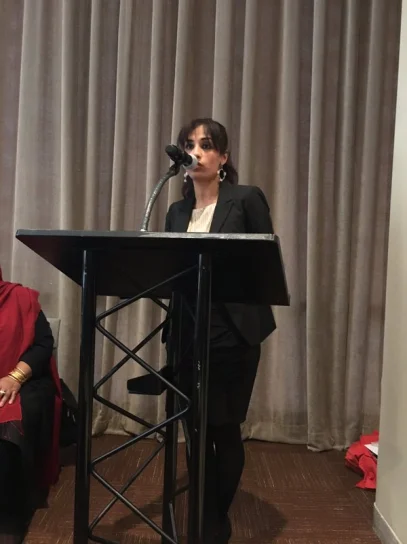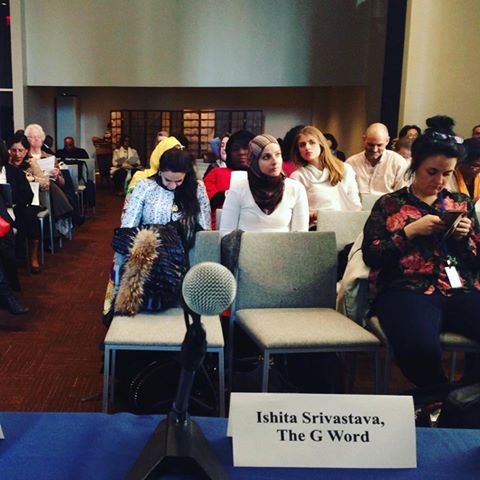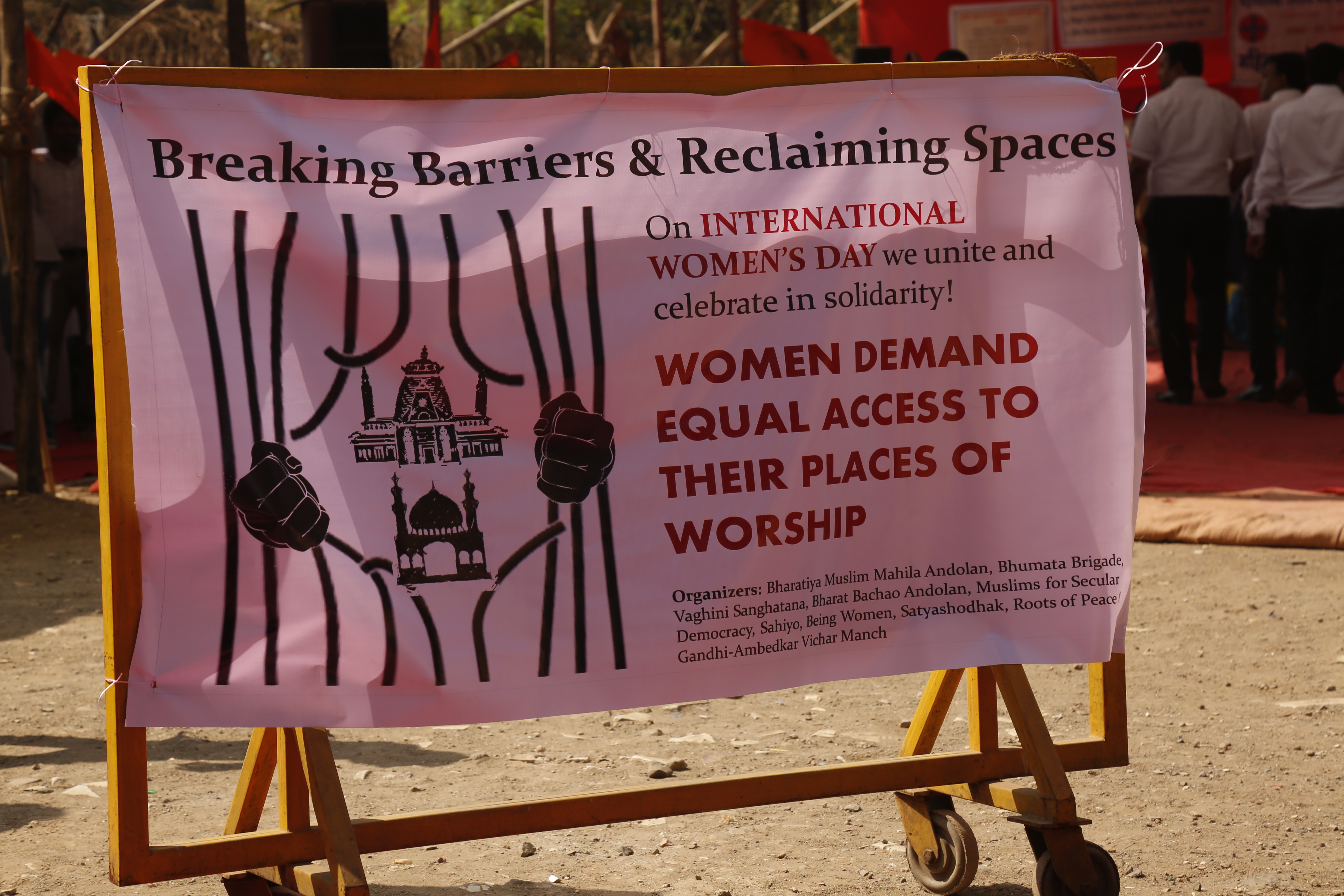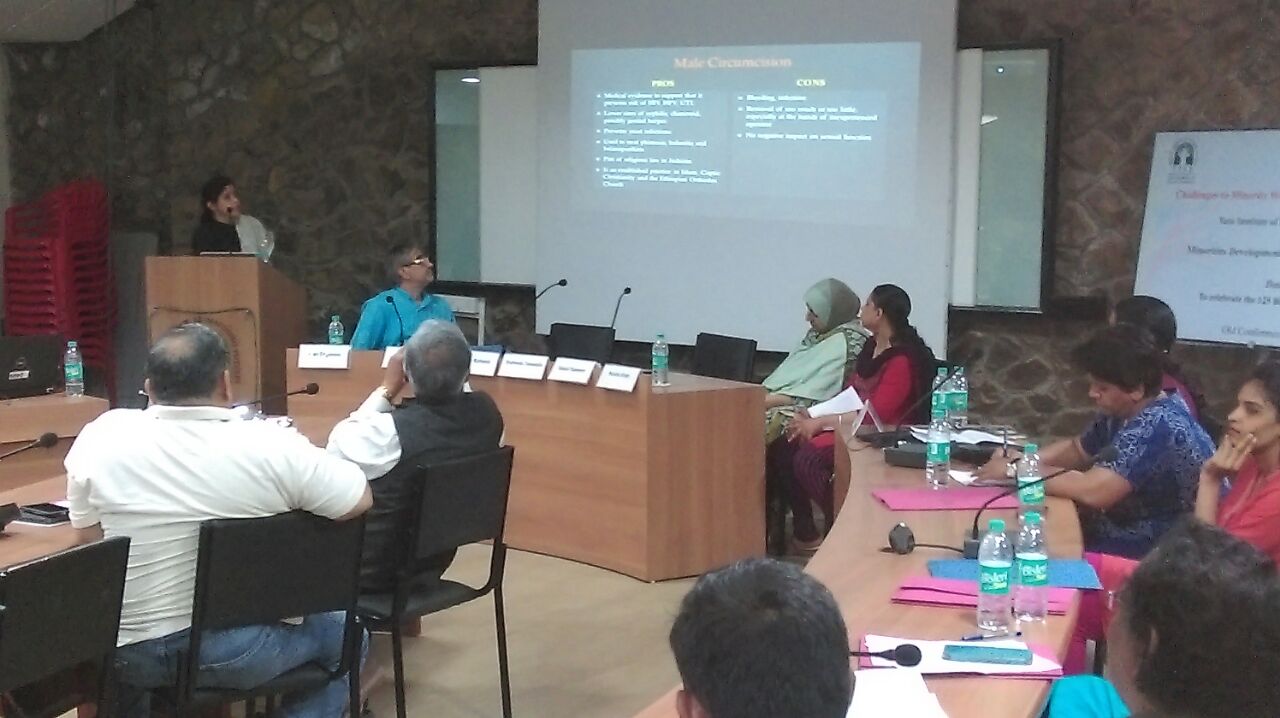by Mubina Jamdar
Female Genital Mutilation is child abuse and a form of gender-based violence in the name of religion: This was the clear message that emerged from the panel discussion held at The Australian Human Rights Commission office in Sydney on April 29, 2016. The event, hosted by No FGM Australia, was titled “FGM is Everyone’s Business”, and I had the honour of speaking on the panel on the subject of khatna (female circumcision) in the Dawoodi Bohra community.
FGM is illegal in many countries around the world, including Australia. In November 2015, in one of the first convictions under Australia’s anti-FGM law, three Dawoodi Bohras were held guilty of circumcising two minor girls. Since the Bohra community predominantly comes from India, it is time for India to ban this practice and protect young girls from this barbaric practice.
At the Sydney event, speakers included internationally-renowned Professor Gillian Triggs, president of the Australian Human Rights Commission, Felicity Gerry QC, international expert in FGM law, and other FGM experts including researchers, health professionals, educators, law enforcement agency and social workers.
Here is a summary of key points that the panel raised:
- FGM, depending on the severity of the cutting, can lead to many serious health issues, even death.
- It causes lifelong psychological scars and for some, it leads to serious mental health issues.
- It’s easy to stop the practice in the family if the man takes a firm stand. Women often find it difficult to convince in-laws. Therefore, educating men is equally important.
- No Islamic scholar has cited any Quranic injunction advising female genital cutting. It’s a cultural practice that existed long before Islam.
- FGM is an issue of child abuse and child protection. For that reason, this should be made illegal under the same provisions.
- Australia has a large population from African countries, Malaysia, Indonesia, Egypt, middle eastern countries and many other countries where FGM is prevalent.
- Education is the key, at the school level and in the affected community.
- Spiritual leaders around the world need to give a joint statement to stop the practice.
- FGM is everyone’s business.
My speech was aimed at educators, community workers and law enforcement agencies. I gave them insights into the community culture to help design future educational programs. I suggested the need to emphasize in education programs that FGM is not a teaching of the Quran or the Prophet, Rasulullah. Since this community is tightly controlled by the clergy and its head office in Mumbai, it is not sufficient to educate community members. Amils (Priests) should be held responsible by law to discourage community members from practicing FGM. They must report incidents of FGM to the police.
How can you help?
Please sign the petition to make FGM illegal in India, addressed to the Minister of Women and Child Welfare. It was launched by “Speak out on FGM” on Change.org:
https://www.change.org/p/end-female-genital-mutilation-in-india
[Photo courtesy: No FGM Australia]

